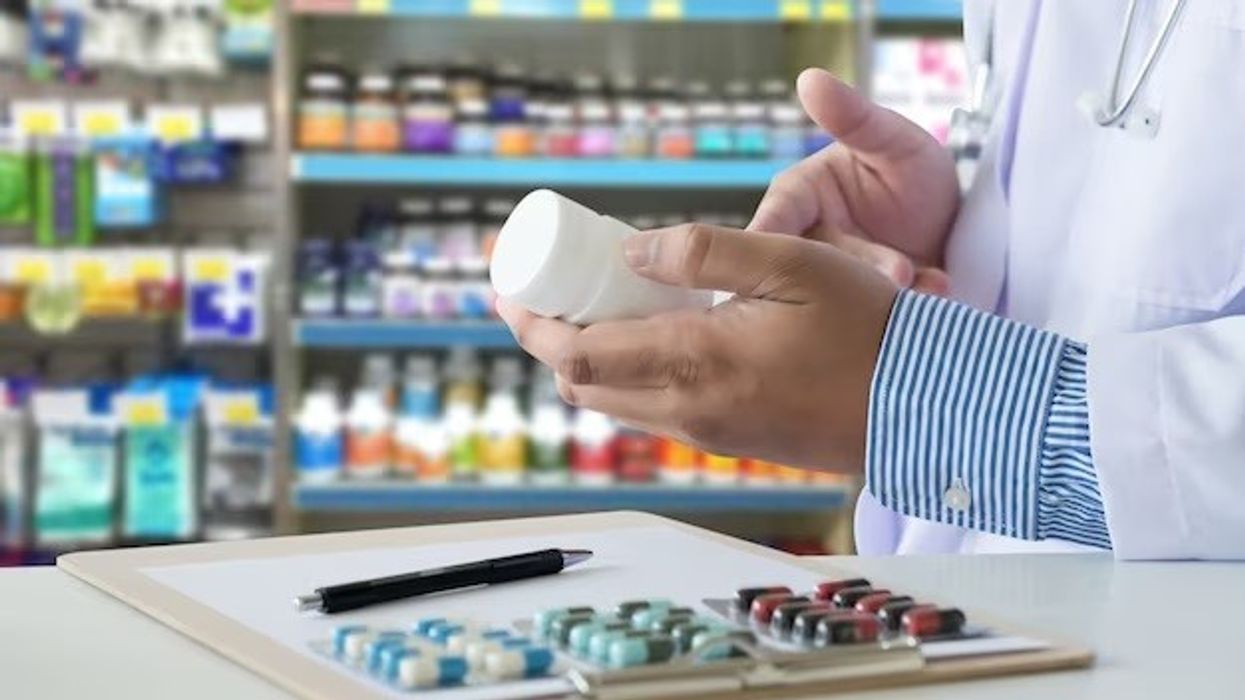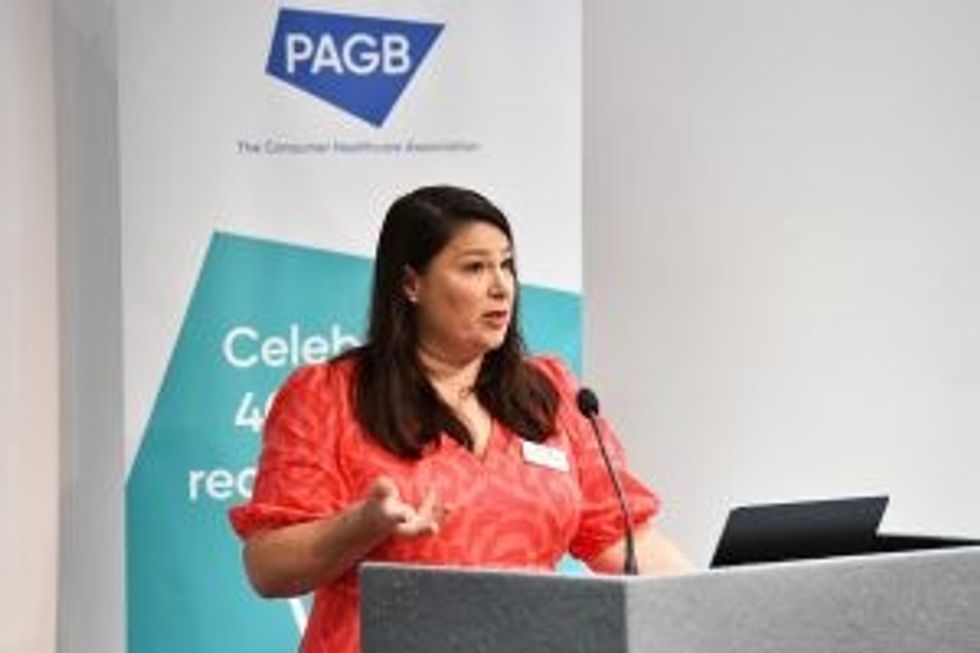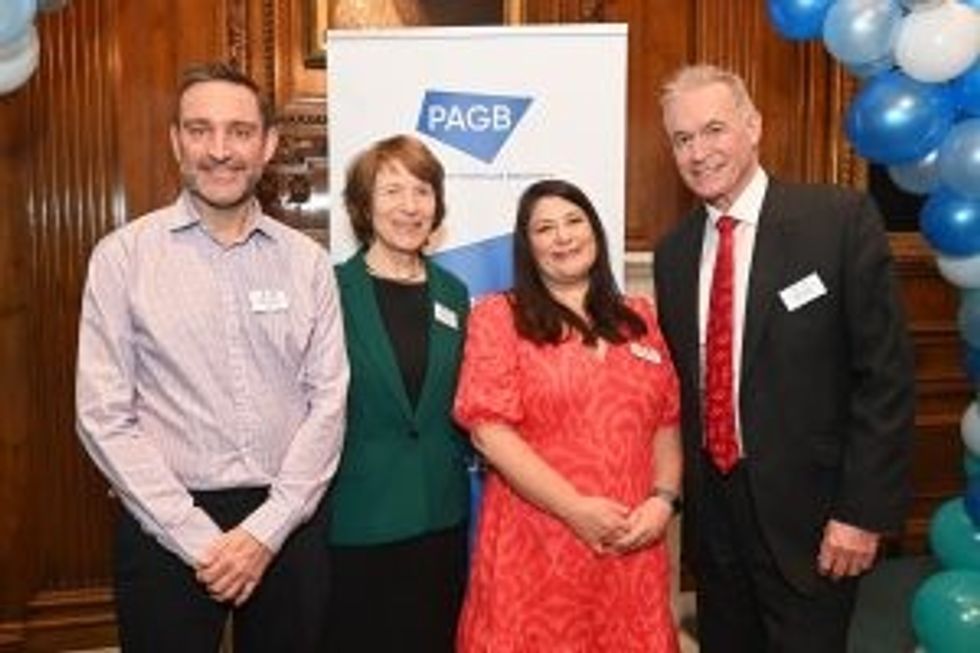Future reclassifications of appropriate medicines can lead to a 5 per cent reduction in NHS prescribing spend and a potential NHS saving of £1.4 billion.
Proprietary Association of Great Britain, PAGB — which represents manufacturers of branded over-the-counter (OTC) medicines, self-care medical devices and food supplements — on Tuesday (12 December) celebrated 40 years of reclassification of medicines in the UK.
Expanding self-care for common ailments and minor injuries will not only help ease pressure on primary care services, but also provides significant potential savings for the NHS, the consumer healthcare association highlighted during the event.
Nurofen (ibuprofen) and Imodium (loperamide) were the first medicines to go through Medicines and Healthcare products Regulatory Agency (MHRA)’s switch process in 1983 to make them available over the counter – OTC.
Other reclassified medicines which were once available on prescription only include Voltarol (diclofenac dimethylammonium), Canesten (clotrimazole), Nexium (esomeprazole), Nicorette, Nicotinell and Niquitin (nicotine replacement therapies), Regaine (minoxidil), Viagra Connect (sildenafil), Cialis Together (tadalafil) for erectile dysfunction and Gina (estradiol hemihydrate) for the treatment of postmenopausal symptoms such as vaginal dryness.
“Reclassification has transformed the ability for patients to take control of their health and manage their self-treatable conditions,” said Michelle Riddalls, Chief Executive Officer (CEO) of PAGB.
“The establishment of a new Reclassification Alliance will drive collaboration between the Department of Health and Social Care, the MHRA, PAGB, pharmacy organisations and our members. The Alliance will be well placed to help streamline further switches, and to help identify further categories or conditions where there are products that might be considered suitable for switching,” she added.
Michelle Riddalls, CEO of PAGB
MHRA Chief Executive, Dr June Raine stated that they are excited to part of the Reclassification Alliance and that it fits with their mission to “keep patients safe and enables access to high quality, safe and effective medical products.”
“Increased switching of prescription only medicines to pharmacy medicines improves patient and public choice of how they access their treatment and as a result broadening the options for accessing healthcare,” commented pharmacist Mark Burdon and an advisor to PAGB.
A pharmacist can also provide advice and relevant medicines for things like contraception, menopause and erectile dysfunction (ED) as well, but patients may not be aware of it, and “this knowledge gap needs to be filled.”
“But the fact that people are still seeking GP appointments for colds, headaches and even cold sores shows we have to keep hammering home the message that self-care is the ultimate win-win,” he added.
Michelle concluded that empowering pharmacy with collaboration to identify more medicines suitable for a switch can support the implementation of the Delivery plan for recovering access to primary care.
“Reclassification has an exciting future. Working together as policy makers, regulators and industry we can ensure the next 40 years delivers these same benefits for the public, the NHS, pharmacy and the wider economy,” she added.
(L-R) Pharmacist Mark Burdon, Dr June Raine, Michelle Riddalls, and Dr Hilary Jones
Maxwellia CEO, Anna Maxwell is proud that the UK has now become a world leader in reclassifying POM to P and GSL medicines, with countries looking at its switch model for inspiration and practical guidance.
She believes that the reclassification or switching of medicine has the power to “create a seismic shift from the old-fashioned strategy of symptom management to a focus on prevention and self-treatment of chronic illnesses.”
Anna is hopeful that the new Reclassification Alliance will bring greater transparency and openness between regulators and manufacturers with a faster process that facilitates a higher probability of success.
"We need visionaries steering the regulatory process who understand both the patient need and increasing self-care competency as well as important commercial imperatives and we look forward to these new conversations," she said.
PAGB’s Frontiers Economics research study found that future reclassifications of appropriate medicines can lead to more self-care at home whilst resulting in a 5 per cent reduction in NHS prescribing spend and a potential NHS saving of £1.4 billion, which would result from eliminating 25 million unnecessary GP appointments and five million avoidable visits to A&E.
With employees not having to take time off for avoidable NHS appointments, there would be an additional economic windfall of £350 million annually, the study suggested.















